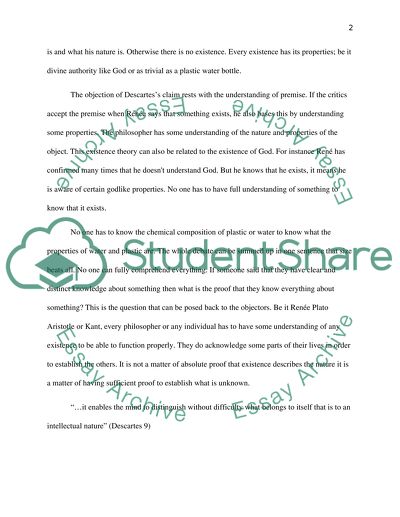Cite this document
(“The Fifth Replies of Descartes Essay Example | Topics and Well Written Essays - 1000 words”, n.d.)
The Fifth Replies of Descartes Essay Example | Topics and Well Written Essays - 1000 words. Retrieved from https://studentshare.org/philosophy/1631612-the-fifth-replies-of-descartes
The Fifth Replies of Descartes Essay Example | Topics and Well Written Essays - 1000 words. Retrieved from https://studentshare.org/philosophy/1631612-the-fifth-replies-of-descartes
(The Fifth Replies of Descartes Essay Example | Topics and Well Written Essays - 1000 Words)
The Fifth Replies of Descartes Essay Example | Topics and Well Written Essays - 1000 Words. https://studentshare.org/philosophy/1631612-the-fifth-replies-of-descartes.
The Fifth Replies of Descartes Essay Example | Topics and Well Written Essays - 1000 Words. https://studentshare.org/philosophy/1631612-the-fifth-replies-of-descartes.
“The Fifth Replies of Descartes Essay Example | Topics and Well Written Essays - 1000 Words”, n.d. https://studentshare.org/philosophy/1631612-the-fifth-replies-of-descartes.


